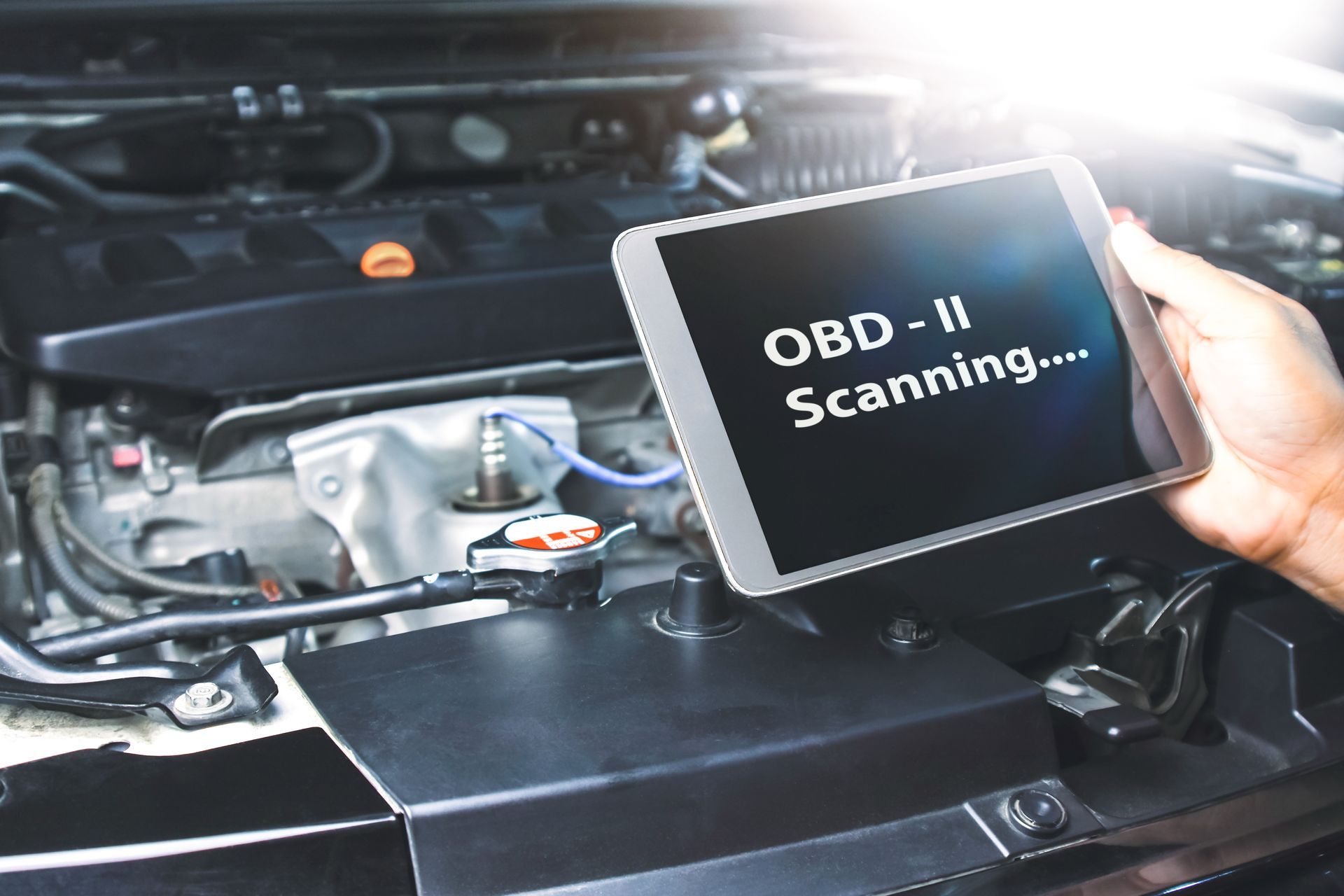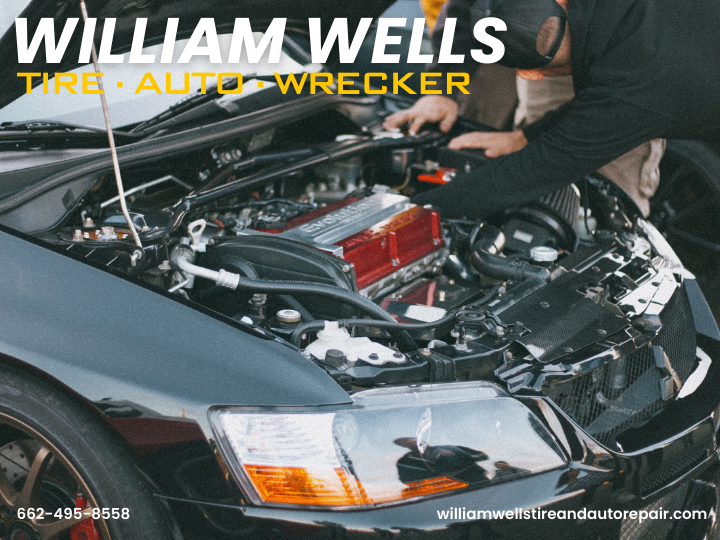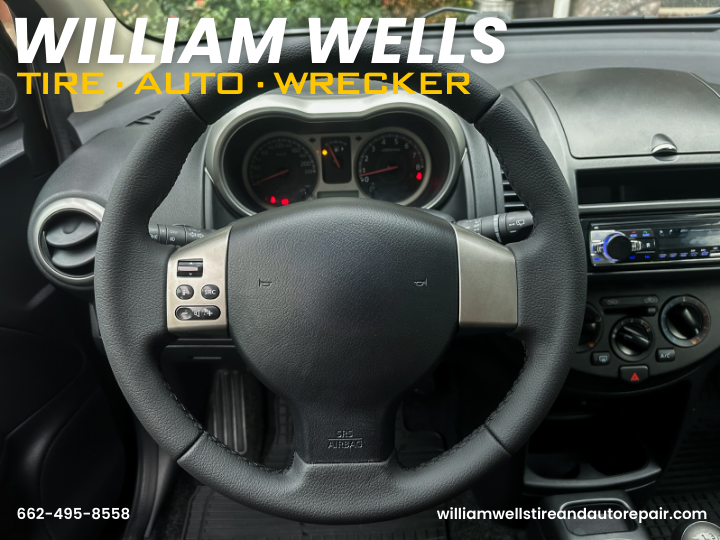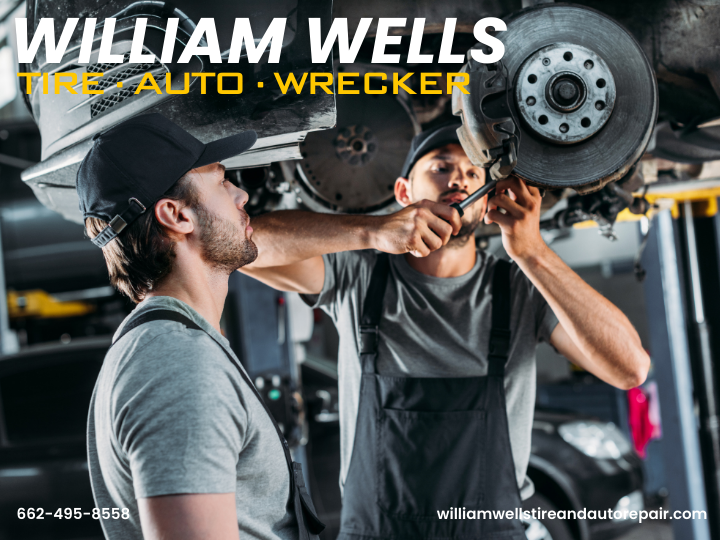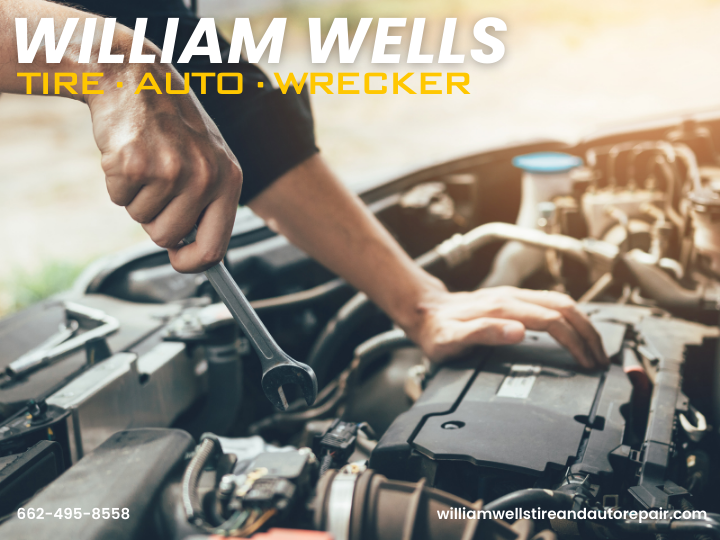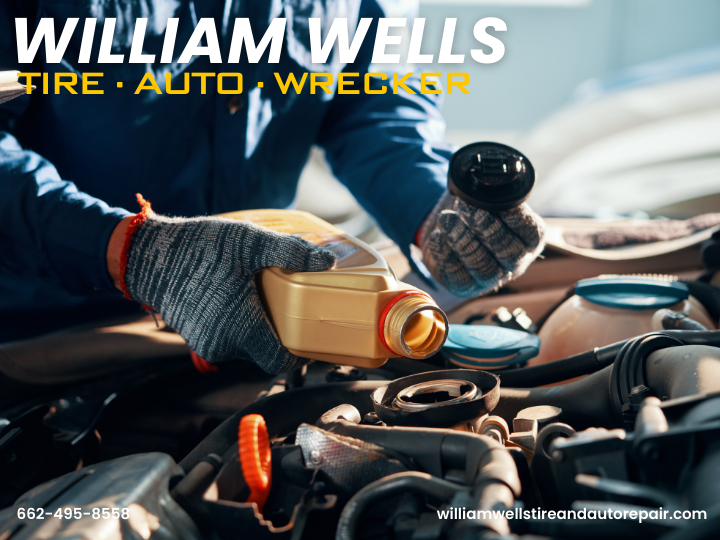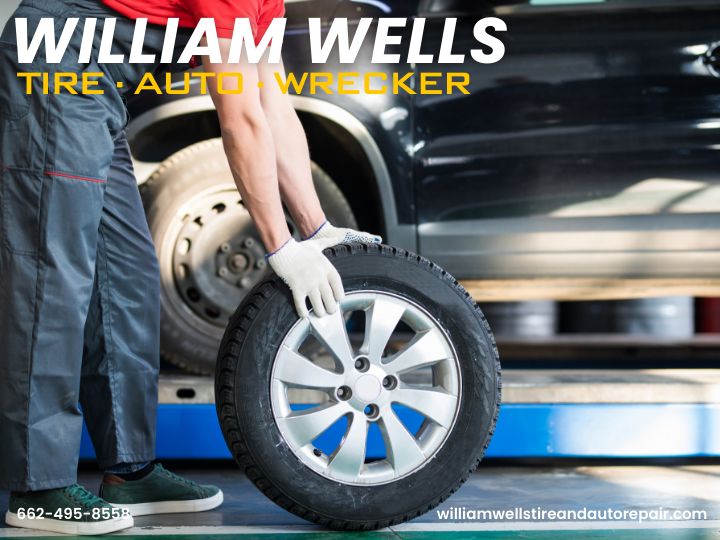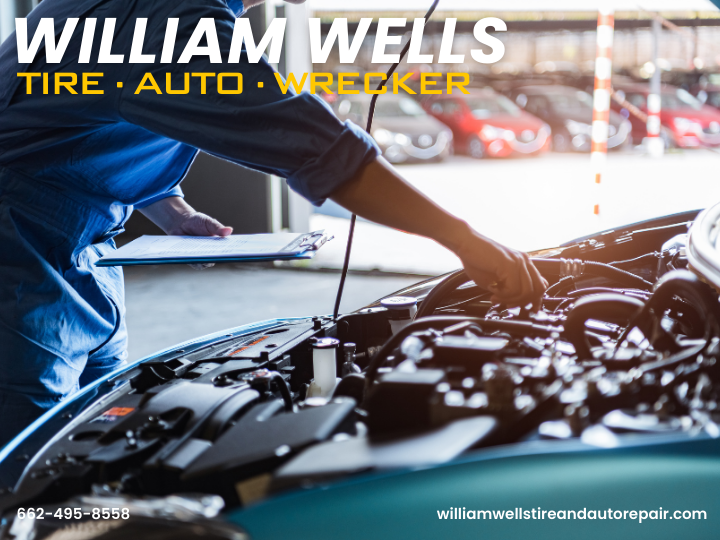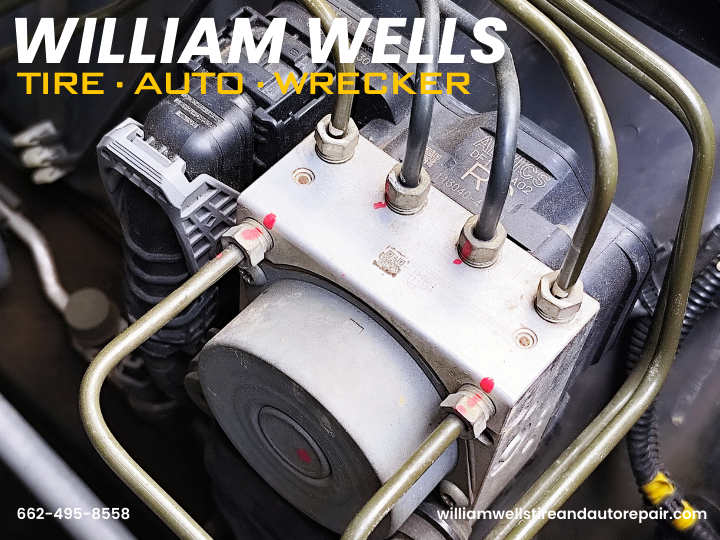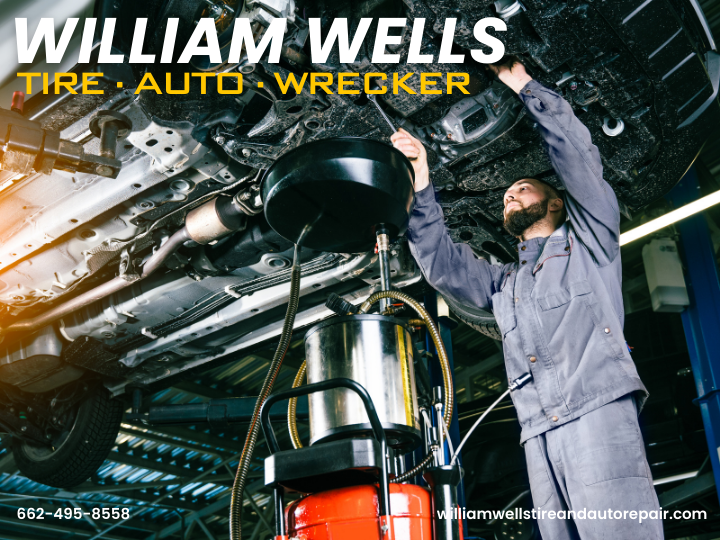Why does my car shake at highway speeds

Why Does My Car Shake at Highway Speeds?
Driving along Highway 25, MS-182, or Gardner Boulevard should feel steady and smooth. But if your car starts to shake once you reach highway speeds, it’s more than just a comfort issue—it’s a warning sign. Vibrations at 55, 65, or 70 mph often point to tire, wheel, suspension, brake, or drivetrain problems.
At William Wells Tire & Auto, with locations in Starkville, Columbus, and West Point, we see these issues every day. This guide will walk you through the top causes of highway-speed vibrations, what they mean for your safety, and how to prevent small problems from becoming costly repairs.
Section 1: Why Vibrations Appear at Highway Speeds
At city speeds, small issues often go unnoticed. But once you’re driving 65 mph on Highway 82 or I-22, even minor imbalances become pronounced.
Think of a washing machine with an unbalanced load: at low spin it seems fine, but at high spin it shakes violently. The same principle applies to your tires, wheels, and suspension.
Section 2: Tire-Related Causes
2.1 Tire Imbalance
One of the most common culprits. Over time, tires wear unevenly, shifting weight distribution. At higher speeds, this imbalance causes shaking. Tire balancing restores smooth rotation.
Typical Symptoms:
- Steering wheel shakes at 55–70 mph.
- Vibration worsens the faster you go.
2.2 Uneven or Damaged Tires
Flat spots, bulges, or tread separation cause uneven rolling. Cupping (from worn shocks or struts) leaves tread dips that magnify vibration at highway speeds.
2.3 Incorrect Tire Pressure
Mississippi’s hot summers and cool winters cause pressure fluctuations. Underinflated or overinflated tires reduce stability, amplifying vibration.
Section 3: Wheel-Related Causes
3.1 Bent Wheels
Hitting a pothole in Columbus or a curb in West Point can bend a rim. Even a minor bend creates shaking at freeway speeds.
3.2 Wheel Alignment Issues
If wheels aren’t aligned, tires fight against each other. Misalignment creates uneven wear and vibration.
Signs of Misalignment:
- Car pulls left or right.
- Steering wheel sits crooked.
- Uneven tread wear.
Section 4: Suspension and Steering Causes
4.1 Worn Suspension Parts
Your shocks, struts, and bushings absorb road bumps. When they’re worn, vibrations pass through the vehicle at higher speeds.
4.2 Loose Steering Components
Worn tie rods, ball joints, or bushings add play in the steering system. At 65 mph, that looseness turns into noticeable shaking.
Section 5: Brake System Causes
5.1 Warped Rotors
Warped rotors usually cause vibrations during braking, but in severe cases they cause highway-speed shaking too.
5.2 Sticking Calipers
If a caliper sticks, it drags one wheel, creating heat and wobble on the highway.
Section 6: Engine and Drivetrain Causes
6.1 Engine Misfires
Failing spark plugs, coils, or injectors cause misfires, making your engine run unevenly. At highway speeds, this feels like vibration or shuddering.
6.2 Driveshaft or Axle Issues
Bent driveshafts or failing CV joints cause severe vibration at higher speeds. These issues require immediate repair.
Section 7: Road and Environmental Causes
Not all shaking originates inside your car. Rough pavement on MS-182, grooved roads, or debris in your wheels can mimic vibration. But if shaking is consistent, the issue is mechanical.
Section 8: Why Ignoring Vibrations is Dangerous
- Safety risk: Reduced control and longer stopping distances.
- Premature wear: Vibrations stress tires, suspension, and steering.
- Expensive repairs: A $100 tire balance today could become a $1,000 suspension repair tomorrow.
Section 9: What To Do If Your Car Shakes
- Check tire pressure – Quick and simple.
- Inspect tires – Look for bald spots, bulges, or uneven wear.
- Schedule professional service – At William Wells Tire & Auto, we:
- Balance and rotate tires.
- Perform precise wheel alignments.
- Inspect suspension and steering.
- Check brakes and rotors.
- Diagnose drivetrain and engine issues.
Section 10: Preventing Highway-Speed Vibrations
- Balance and rotate tires every 5,000–6,000 miles.
- Get annual wheel alignments.
- Replace shocks and struts when worn.
- Keep up with oil changes and tune-ups.
- Fix small issues before they become major repairs.
Section 11: Local Driving Conditions in Starkville, Columbus & West Point
Drivers in Oktibbeha, Lowndes, and Clay Counties face unique road conditions:
- Highway 25 and MS-182 are prone to potholes that bend rims.
- Busy commuter routes in Starkville create stop-and-go wear.
- Columbus highways amplify tire imbalance at high speeds.
- West Point rural roads add gravel and uneven pavement stress.
Regular inspections at William Wells Tire & Auto protect you from these common causes of vibration.
Conclusion
If your car shakes at highway speeds, don’t ignore it. From tires and wheels to suspension, brakes, or drivetrain, vibrations signal problems that should be addressed quickly.
At William Wells Tire & Auto, with convenient locations in Starkville, Columbus, and West Point, our ASE-certified technicians will diagnose and repair the cause so you can drive with confidence.
Call us today at:
- Starkville: (662) 268-4081
- Columbus: (662) 240-2414
- West Point: (662) 495-8558
Or schedule service online at williamwellstireandautorepair.com.
You can watch the video

